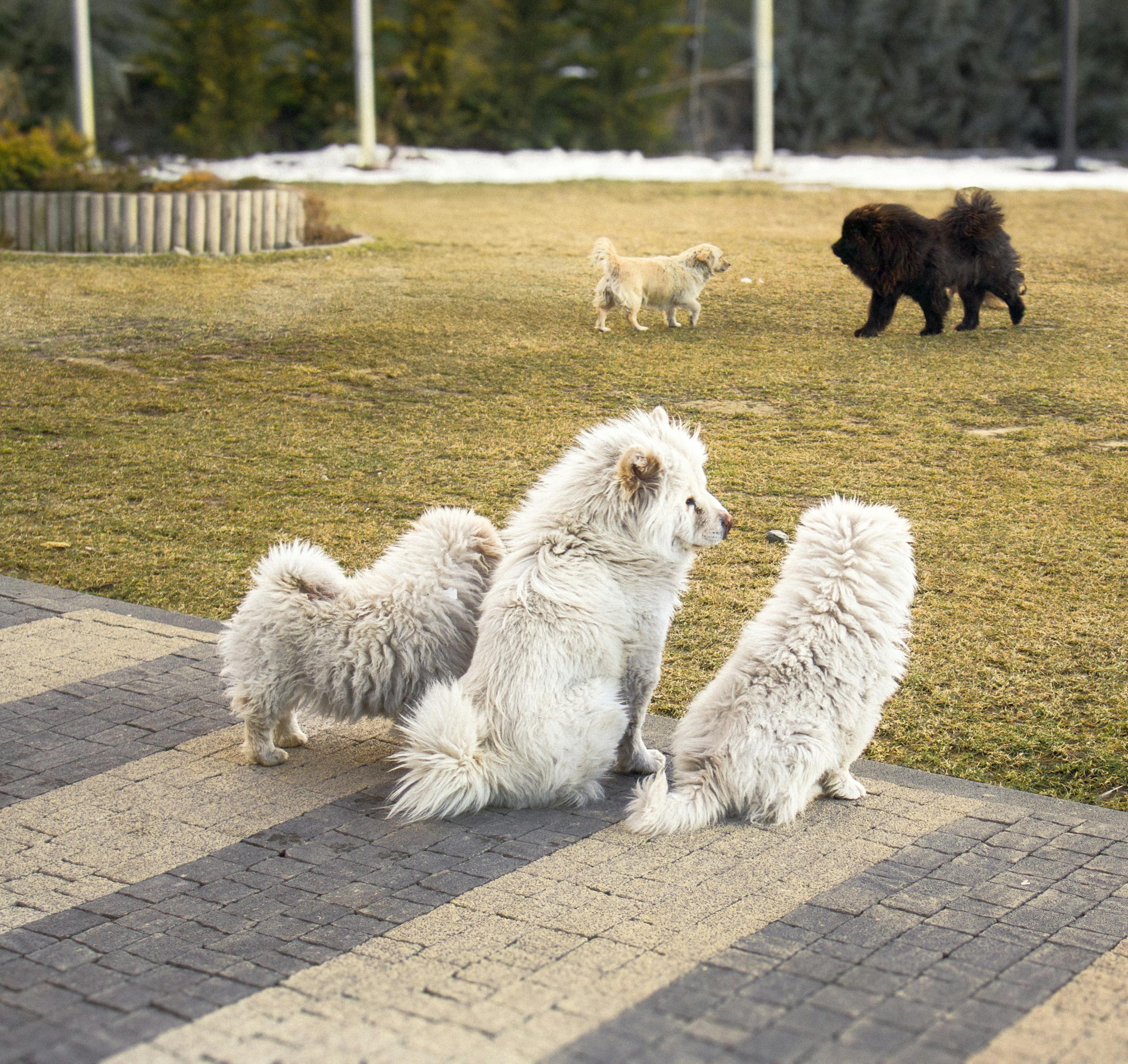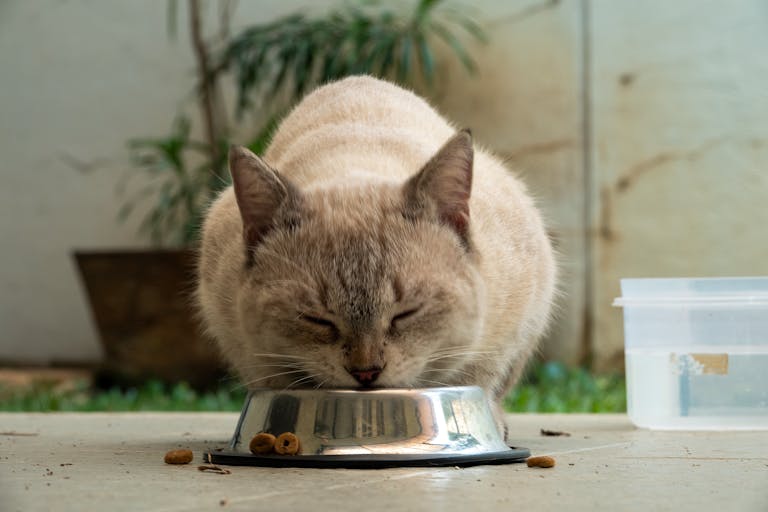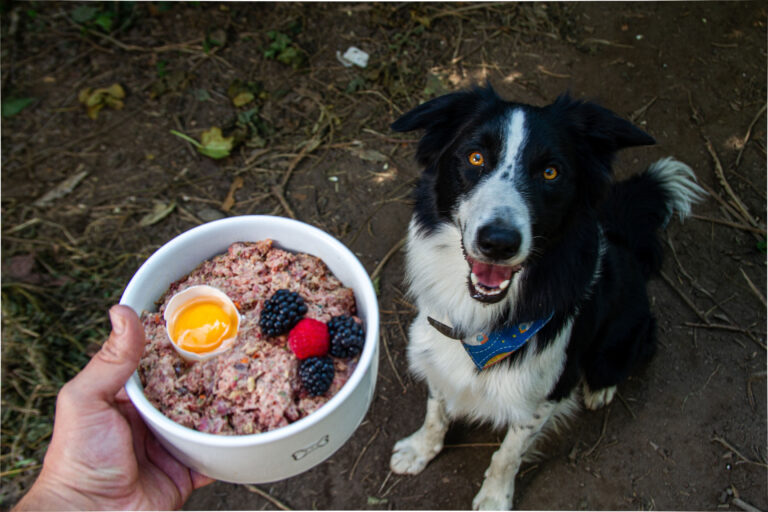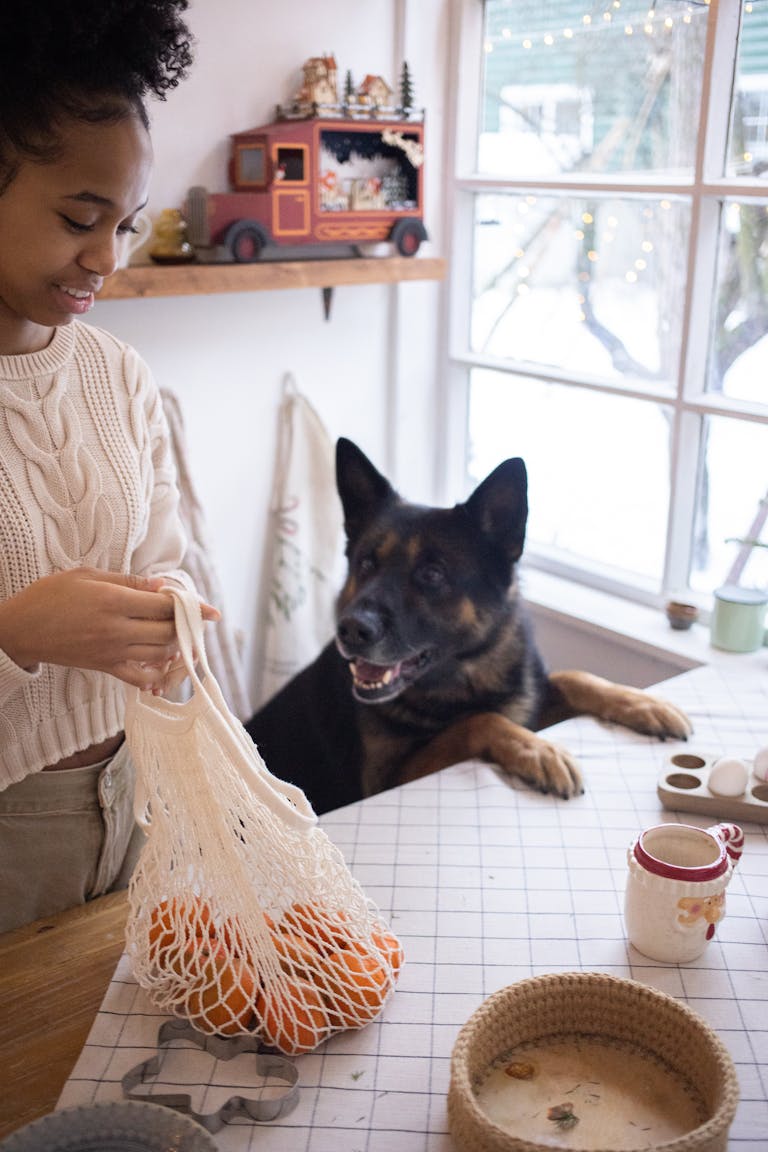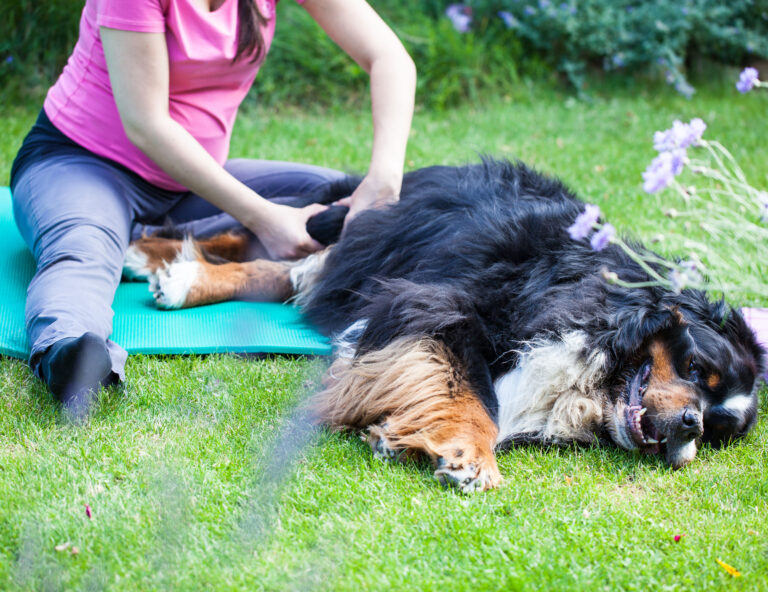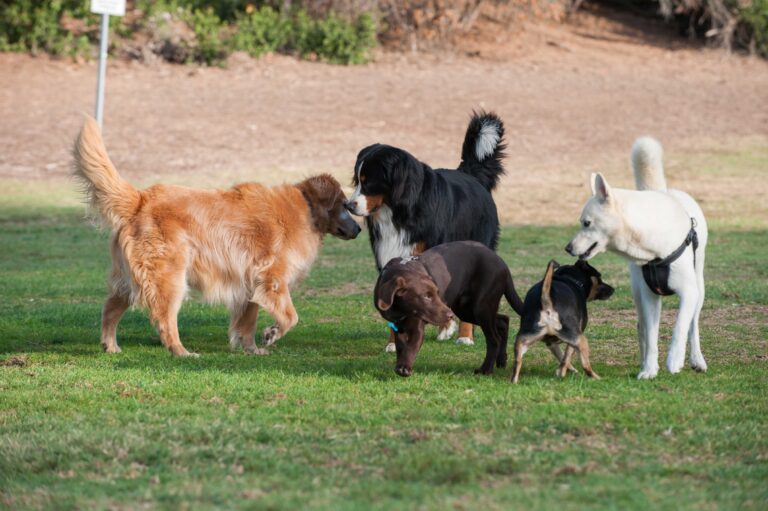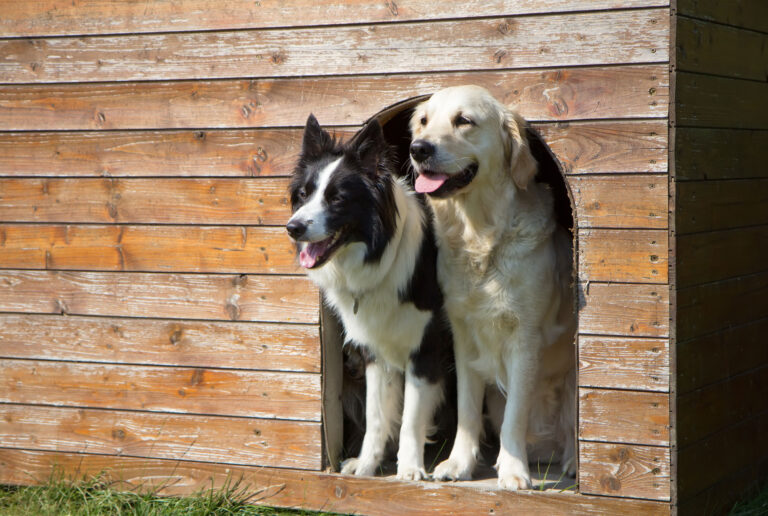Inside Dog Daycares with Nikki and Lucy
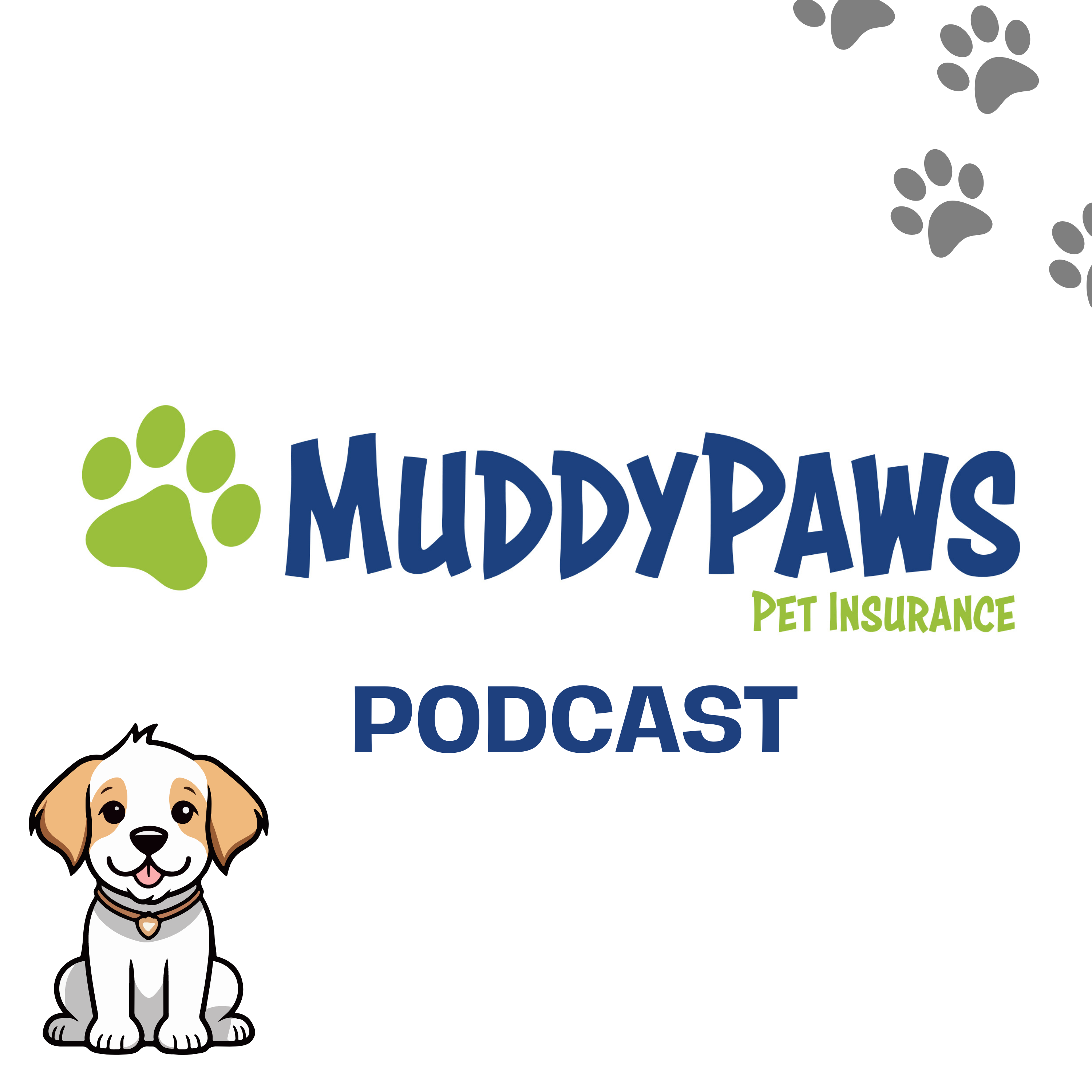
Inside Dog Daycare Centres – Muddy Paws Podcast
Episode Summary
Introduce Yourselves
Nikki: Yeah. Hi, I’m Nikki. I’m one half of Scenter Barks Director with Lucy. Business-wise, we are running the business currently. We used to be more active in the business, so we would do 10-hour shifts looking after the dogs, you know, right in there.
But these days we’re more computer-based, which is not quite where I want to be, but computer-based and more looking after the business rather than in the business.
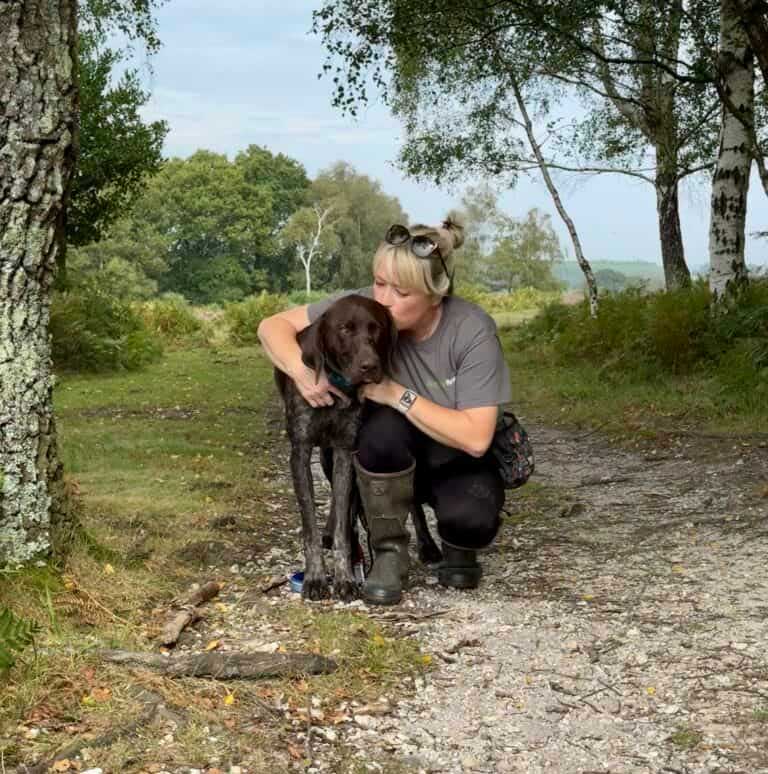
Lucy: So yeah, hi, I’m Lucy, and I’m the other half of Scenter Barks. We started it up with Nikki, and yeah, so we’re just sort of directing the business and helping it grow.
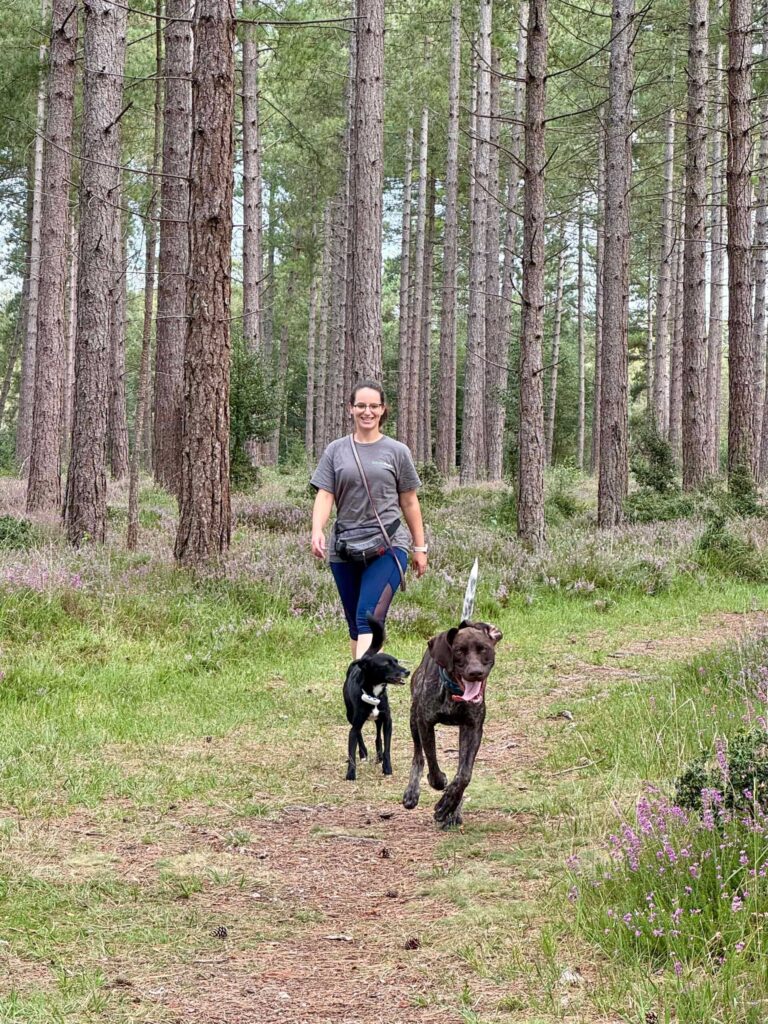
So how did Scentre Barks come to be?
Lucy: We get lots of compliments on our name. It’s, it’s really good. But yeah, so over 10 years ago now, we had our 10th birthday last year. We basically, we both worked as doing our own separate pet businesses, so from home. We both offered daycare, boarding, and walking as our own separate businesses, and we wanted to expand into the daycare centre world.
Very new back then, 10 years ago, like there were only a couple of people really doing it. There was nobody in our area doing it. So very much had to lead the way and work out for ourselves.
We basically got together, combined our two businesses and client bases, leveraged our existing reputation, and built and grew from there. And obviously, having to explain to people what a daycare centre was because they’d never heard of it. So, you kind of have to compare it to a childhood nursery, which is the best way to describe it to people, so that they understand what we actually do. Otherwise, they just think you’re a boarding kennel or something like that.
Dawn: Obviously, you say, obviously it’s very different from a boarding kennel, you know, how is it different then? Because obviously, some people may still get confused, thinking, “Oh, well, I just kind of put them in there, and then they’re flying for a couple of Days, and they come grab them, sort of thing.”
Lucy: Yeah. So, I mean, the main difference is that in kennels, they’re obviously separated into their own little kennel and their own little block. In daycare, they get to mingle with each other, they get to socialise, they get to play, and they are with each other the majority of the day. We have separate areas so that we can mix the dogs based on who they like and their personalities and that kind of thing so that, you know, we know that they’re all getting along and that they’re all having a good day.
Whereas in a kennel, they are sort of looked after on an individual basis rather than together as a group.
Dawn: Yeah, I think that definitely makes sense as well a lot. Especially being post-pandemic and stuff. Not a lot of dogs had the best starts in socialising, interacting, and playing with others. So it sounds like it’s a bit like, you know, human nurseries. You develop those social skills while also getting to interact with other people in a safe space.
Lucy: Yeah, absolutely. And that’s what it’s about as well, is having that safe space and having a good socialising where when you’re outside, you don’t know the dog you’re meeting on a walk, you don’t know what their personality is like. If they’re going to like your dog.
You can’t always control that interaction. Whereas we’re in full control of what goes on in the daycare centre, and making sure that they all have a good time with other dogs.
Why is it beneficial to send your Dog to a Daycare?
Lucy: Yeah. So obviously, like we’ve discussed, you have the social side of things. We’ve helped some nervous dogs come out of their shells, showing them that dogs aren’t scary.
Same for puppies who are obviously kind of new and learning the world. We can obviously give them some really good first interactions with dogs, but obviously, it’s very beneficial for the owners too, because people have to work. People work long hours and it means that they can have a dog with, and they can have a dog with separation anxiety.
They’ve got somewhere that they can put them where the dog will be happy, well cared for, looked after and they can have that peace of mind. While they’re at work that they’ll come home, their dog’s not going to be bouncing off the walls because they’ve been left all day. They’re not going to be stressed because they’ve been barking all day. They’re going to be nice and relaxed and chill, and they can have a nice, peaceful evening after work, basically.
Dawn: That sounds really good as well. So I think one of the things as well is that I’d like to believe it’s going to be a bit more hands-on than if it’s maybe in a kennel. You know, they will get some interaction, but there’s going to be a lot of focus on taking each individual dog out. I mean, obviously, a lot of kennels have different protocols on how they structure the dog days, etc. But I’d like to think, you know, obviously you guys are a bit more kind of hands-on with them rather than just being like, you know, you’re just chilling there and just let them know eventually they get a good run in. Like for dogs that are very, very active breeds.
Lucy: Yeah, definitely. And you just get to know them really well. And I would say, like with our daycare, I could go work in another daycare. I wouldn’t be able to hit the ground running because I don’t know those dogs as well. When I enter my daycare centre, I know those dogs, their personalities, and what they like and dislike. I also know who they’ll get along with. So that’s what I think the job’s all about.
“It’s about making a bond and building trust with the dogs that we look after, like they’re our own basically.”
Nikki: Over some of the dogs that we look after over their life, we end up looking after them for longer than their owners. Which I always find that’s quite amazing, isn’t it? That, you know, if we’ve got a 12-year-old dog in there that we literally have spent more time with than the owner.
Dawn: It’s crazy, isn’t it? And it’s also, it’s great the fact that the service is there to be able to give them like the best days they can have instead of it just being like, yeah, they are just kind of stuck in the house unfortunately, they get bored, they start chewing on things and then the owner gets frustrated and then it kind of becomes quite a negative relationship between owner and Dog, isn’t it?
Lucy: Yeah. And then that’s why we add the sort of things, we’ve got enrichment programs and training programs as well. It’s just things that help to enhance that dog’s life, enhance their day. Also, a bit of training makes it easier for us, easier for the owners, which helps everyone, and the dogs have fun doing it. So it’s kind of a win-win for everybody.
But yeah, and it’s not all about just charging around playing either. We make sure they get a good nap time and all that stuff. They’ve got their own set routine. Exactly. Like a nursery would have, where we have a bit of settling down time. You can’t just go crazy all day long. So yeah, it’s, you know, we do the best for the dogs that we can basically.
Tell us more about the Enrichment Programs!
Lucy: Yeah. So we like to focus on the five senses, and that’s kind of what our staff creates an enrichment program based on that. So one week we’ll do taste, we’ll do touch, we’ll do sounds, that kind of thing. So. So like towards firework night, we’ll play lots of firework sounds so that they’re in a place that they’re comfortable with, have it on really low and they just sort of get used to it. We’ve had some owners really see the benefits of that. When firework nights come, their dogs are a little bit more comfortable.
We could play babies crying, screaming, all those kinds of sounds. We do food, so we’ll get some dog safe foods that they’re allowed to eat but maybe not, have not tried or you know, just give a little taste test. We’ll do some scent things where we’ll hide food around and they have to hunt for it. Just all those kind of things, different surfaces, just anything you can imagine. We’ve had mirrors in there to get them used to a mirror. Hoover’s going, umbrellas, all those things.
Nikki: Just essential oils as well. We have them smell different essential oils, and ask which one they prefer. It’s quite interesting.
Lucy: Yeah, just anything weird and wacky we can think of basically.
Dawn: It sounds like a real big learning experience as well. Because I think a lot of people, when they own pets, they don’t think about enriching stuff like that, even down to just like getting them to try new things because, you know, it’s exciting. It’s like really fun to kind of do. And if you’re just watching them experience it, it’s quite a nice, fun way to bond as well, which a lot of people don’t tend to think about.
And you guys giving that to dogs sounds absolutely amazing because a lot of times, you know, obviously this is not applying to like all dog owners, but some of them, they go like, you know, here’s, you know, you dry kibble, here’s some water, grab balls like twice a day. And it’s always been like the same route as well. So it’s like, it can get like, dogs do get bored. Like, you know, they want to have change, exciting stuff and being able to expose them stuff that can. They can be quite scared of the fireworks as well. That sounds really amazing. So it can help kind of desensitise them. So I’m not as scared when those things are around or even just like around the 4th of July or they were in England, a lot of people tend to put fireworks up anyway or over the summer. So it’s something that I think isn’t talked about enough.
“So it can help them desensitise to them.”
Lucy: Yeah, definitely. And it tires them out. At the same time, it makes them use their brains in different ways, which makes it easier for us because they’re not having to pick destructive or annoying behaviour to knacker themselves out instead, but also gets them to use their brain like, especially for these high-energy breeds who need something stimulating to think about.
It can really be good for them to just have different things thrown at them to, you know, mess about with and see what it’s about, basically.
Have you got any fun memories to share?
Nikki: No, it’s really hard to bring it. I know this is a question that puts a lot of people on the spot. Actually, funny enough. I always really enjoyed having all the breeds or all the colours together. So, like, right now I can picture we had so many black Labradors and we had them all lined up in the garden and we’re trying to get them to sit and stay so we could get a photo for social media. And that was quite hilarious to watch. And I think it took maybe six or seven of us to get the whole line of Labradors to actually stay and then somebody to get the actual photo and then reward them all afterwards. Things like that in the daycares, quite funny. Makes the day go by.
Lucy: And it’s quite a behind-the-scenes picture of that as well. That’s really trying to get all these Labradors to do things.
Nikki: Yeah, like stay, stay.
Dawn: Especially when they all want to play with each other as well. And it’s just, oh yeah, we’re out and about. They just, they’re like, no, just sit down for like two seconds and like they don’t understand the importance of getting.
Nikki: Or you’ll get eight of them to do it. And one’s like, what, what do you want me to do? Where do you want me to go? At Christmas time, we have a sleigh that we get all the dogs to sort of pose in just for something nice for the owners for Christmas, and every year. That’s always quite comical, as you can imagine, you know, not really knowing where they’ve got to be or what they’ve got to do or.
Dawn: Have you ever found any of them to have, like, quite a funny personality? I know some like will almost like play pranks on other dogs or humans if you’re not too careful. And like sometimes they’ll like trip you off on purpose, that sort of thing.
Lucy: So we don’t have any of that, but we do have some really, like, they work together, don’t they sometimes? Like these really cheeky dogs. I remember we got these, we got these gates installed, and I was there thinking the minute this guy put them in, I was like, like, these dogs are going to work out how to open that. And I even said it to the DIY guy, and he was like, No, they’ll be fine. And then it literally next thing a dog opened it and then they were all like through to the main area, just so proud of themselves and we’re like, no, no, look back out to where you’re meant to be. Thank you.
Nikki: Yeah, that was. Darcy opened the gate, didn’t she?
Lucy: And then, yeah, and then they, they all started. They watch, they watch each other. And I swear she taught them because then we had a couple of others who learned how to do it straight after she did as well. And then I was like, yeah. So we had to change that gate pretty quickly because it was just absolutely crazy. But yeah, they, they’re funny, funny little characters. When they see stuff like that and you could just see them going up to it, you’re like, no, no, come back this way. Don’t open that gate.
Is there anything you’d like to add before we wrap up the episode?
Dawn: Oh, you know, I’ve seen the last, last minute question is obviously anyone who hasn’t put their dogs in doggy daycare previously, do you have any tips for when they want looking or, you know, maybe first day for the pup, that sort of thing?
Lucy: Yeah, definitely. I think from my experience, the dogs that have come in at a younger age, so we take them from four months old, they are the ones that end up being the most solid daycare dogs. They’re the ones that we use to, you know, introduce to a new dog, and they just take it in their stride because they’re kind of used to it. Whereas an older dog coming in might go, Oh, is this a kennel, is this a vet or what? What is this place? I’ve never seen anything like it. So I do, though it’s scary putting your little copy in for the first time.
I find they tend to get on better.
But, you know, you do need to make sure you’re picking the right daycare for them, your own dog’s personality and making sure you ask loads of questions about how are they going to introduce them, what they do with them to make sure that they’re safe and obviously make sure you’ve got a really good relationship with them. Because the person’s got to be honest. If they can give you really honest feedback, if they’re not going to tell you the truth and just say your dog’s getting absolutely fine when they’re not, then you know that’s no good. You need to know what your dog’s doing, the good, the bad and the ugly, basically.
Lucy: And don’t always take it personally. They’re just trying to tell you what your dog’s doing throughout their day, basically, while you’re not there.
Nikki: So you turn into a little team, don’t you? Because you’re looking after the dog as well as they’re looking after the dog and you all want the best for it. And sometimes you kind of got to work together, sometimes if they’re having a hard time at home, will notice things and same will notice things, tell the owners and then they’ll get them to the vet because they got toothache or something, you know, you’ve got to have that open relationship with the people that are looking after your dogs. And also for us having a good relationship with the customer to be able to make sure the dog comes first.
Dawn: I think that’s really key because, you know, there might be kind of challenging behaviour that does start popping up. And you know, for example, if you guys suggest a certain way to curve it, you’d want to follow through with that stuff at home as well. So then it’s like, you know, we’re not going to be putting up with you doing that. So you need to learn not to do that anymore.
“And that’s why communication has to be open all the time.”
Lucy: And that can change at any time, you know, and that’s why that communication has to be open all the time. And we’ve had cases where we’ve noticed a behaviour change in one of the dogs. It turned out that they had a fractured tooth. So, you know, they were actually just grumpy because they were in pain, and the owner had no idea. So if you’re, you don’t have that communication, you don’t have that relationship with the person looking after your dog, then it, you know, you’re not going to learn those things if they’re just, you know, going to say, oh, the dog’s fine or you know, not tell you what’s going on. So it’s really important that you know, you can talk and trust that person, basically.
Dawn: Well, thank you guys so much for coming on today and chatting to us about all about doggy daycares.
Lucy: That’s okay. Thank you very much for having us.


